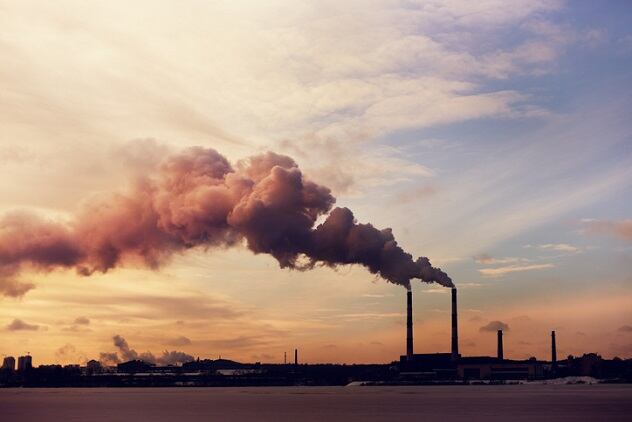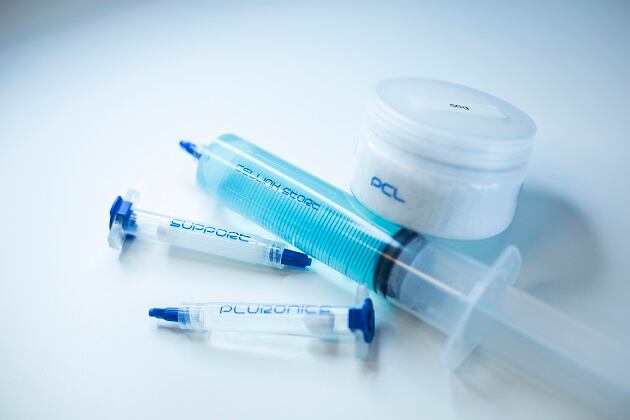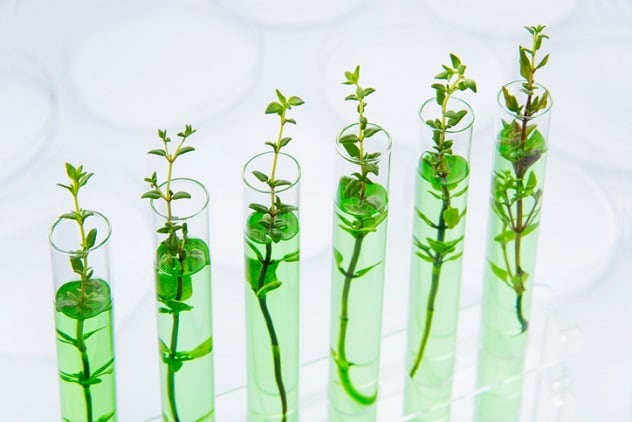The project is aligned with an initiative called CleanBC, which is British Columbia’s plan to limit pollution and develop a low-carbon economy. “Successfully advancing this platform will lead to the establishment of a unique process that could achieve the province's twin goals of decarbonization and value creation from natural resources,” says Lisette Mascarenhas, Genome British Columbia's sector director in charge of agrifood and natural resources, in a media release.
Plus, she points out, “This project leverages the strengths of both partners and presents a viable opportunity for genomics innovation in BC.”
Using bacteria to metabolize CO2
Phytonix Corporation, founded in 2009, uses industrial scale biotech to make what it calls sustainable chemicals (chemicals that replace those currently on the market that are made from fossil fuel inputs). And according to this month’s media release from Genome BC, the company is “an authority on industrial photosynthesis.”
For this biotech venture, captured CO2 emissions will be the feedstock and cyanobacteria (with altered genes) will be the microorganism that acts as a living factory generating saleable molecules. Unlike many bacteria strains used in biotech, cyanobacteria use photosynthesis to metabolize feed into energy and waste.
Working with synthetic biology
For this project Phytonix will be working closely with Vikramaditya G. Yadav, associate professor of chemical and biological engineering at the University of British Columbia, who is an enzyme engineer and synthetic biology expert.
According to Yadav, CO2 emissions “represent an untapped resource that can be monetized using effective carbon conversion platforms.” And he sees “biological carbon capture and conversion [as] a compelling alternative since it offers the possibility of converting CO2 to high value chemicals that can be profitable at scale."
Project specifics haven’t been shared publicly at this point, but the release does note that, “Through this initiative, Phytonix aspires to diversify its products to include high-value specialty chemicals, particularly fragrances and flavors.”
---

Deanna Utroske, CosmeticsDesign.com Editor, covers beauty business news in the Americas region and publishes the weekly Indie Beauty Profile column, showcasing the inspiring work of entrepreneurs and innovative brands.




